SUMMARY
This is AI generated summarization, which may have errors. For context, always refer to the full article.
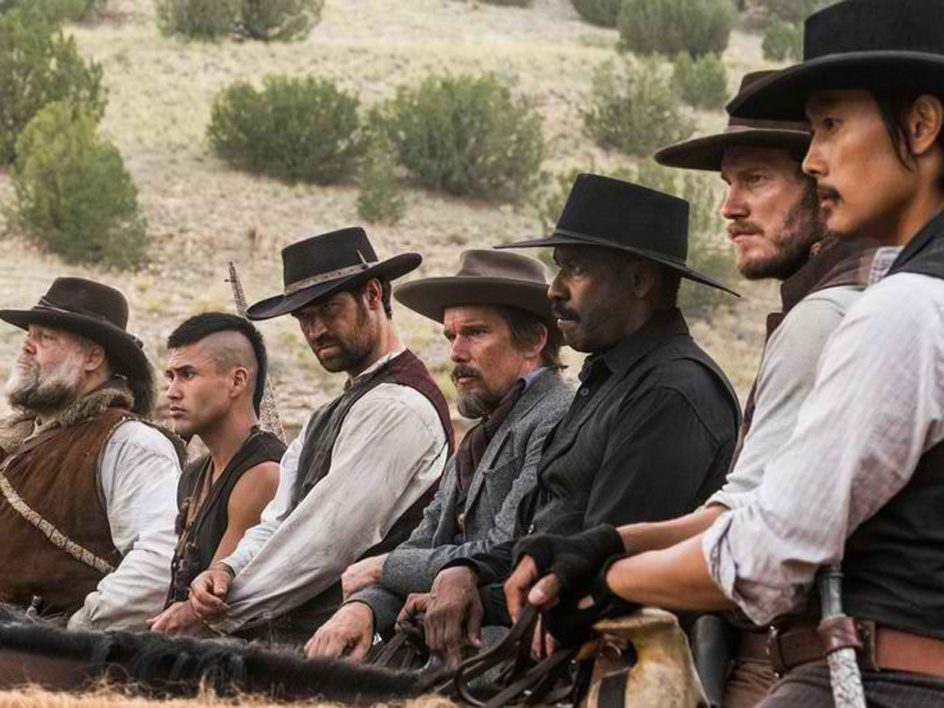
“We go fight wicked men.”
Sam Chisolm (Denzel Washington), the no-nonsense gun-for-hire contracted by the embattled residents of Rose Creek, confidently tells Red Harvest (Martin Sensmeier), the lonesome Native American horse-rider he plans to recruit as part of his crew of diverse origins and fighting styles.
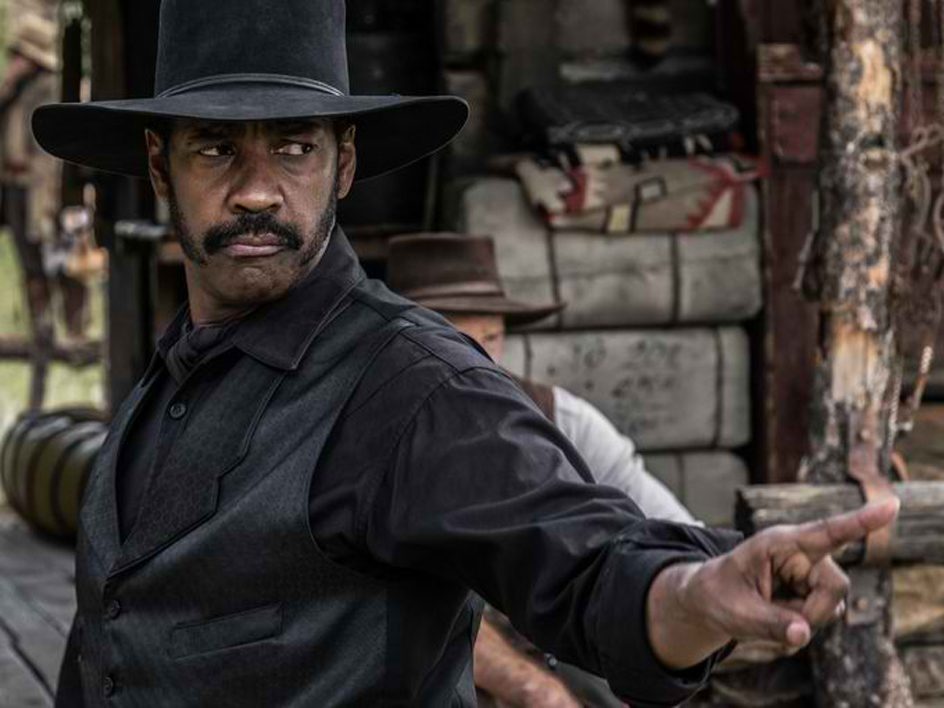
Chisolm’s previous reincarnations, from Kambei of Akira Kurosawa’s Seven Samurai (1954) to Chris Adams (Yul Brynner) of John Sturges’ The Magnificent Seven (1960), have also fought wicked men, but the wicked men Chisolm is now referring to are not just rampaging bandits. They are mercenaries, all under the employ of Bartholomew Bogue (Peter Sarsgaard), who not only ravages the American frontier for its gold and resources but also bastardizes American capitalism to suit his quest for further wealth. ( READ: ‘Magnificent Seven’: 7 things you didn’t know)
Suffers in comparison
In this latest iteration of the now classic tale of 7 outlaws who become defenders of the defenseless, director Antoine Fuqua doesn’t really seem to aim to shake things up and needlessly contemporize a story whose very basic elements are timeless. There really isn’t anything to fix with the narrative. It blends high stakes drama that features the worst and surprising best of humanity with opportunities for action.
This is perhaps the most clever thing about Fuqua’s remake. It is also its bane.The film simply suffers in comparison with its predecessors. Kurosawa’s film is immaculate, a masterpiece that is at its finest when it portrays the indefatigable struggles of humanity in the margins. Sturges’ film on the other hand musters the visceral energy of Kurosawa’s epic and concentrates on it, builds on it to carve a fable of masculine heroics and bravado.
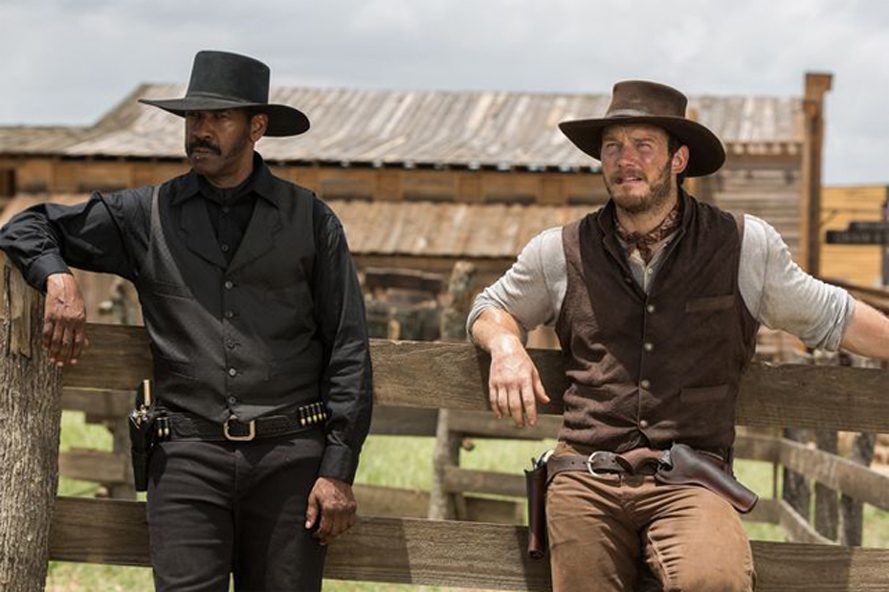
Fuqua’s The Magnificent Seven, outside all the expectations, is still pretty much a solid piece of entertainment.
Fuqua understands that his film can only be as good as its climactic battle that would make a spectacle out of the standoff between the hardy heroes and their army of inexperienced fighters and the forces of evil. Fuqua’s climax is astounding, an exhilarating display of comprehensible action despite all the noise and chaos. More importantly, all the deaths and violence bleed hefty emotions, making every bit of action amid the disarray loaded with consequence.
Diversity
There is an obvious diversity in the cast, seemingly alluding to a more inclusive America, countering what essentially is the gross mutation of American ideals that Bogue represents.
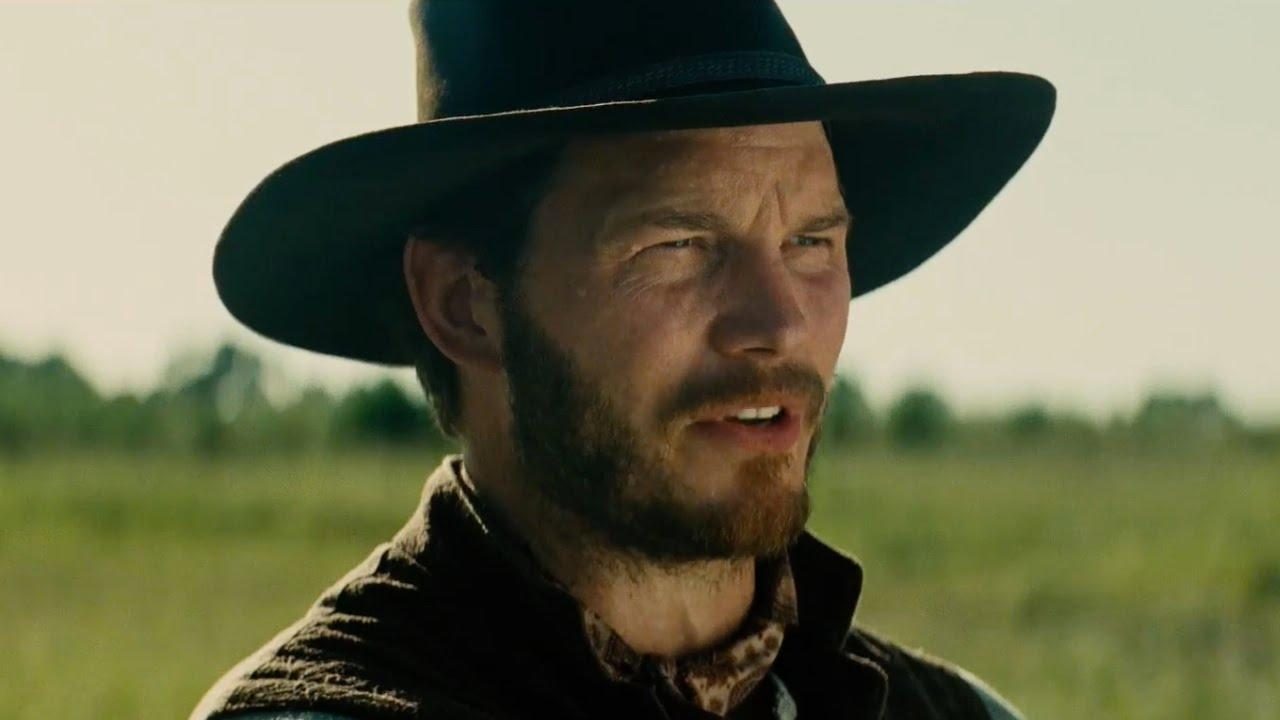
Riding with Chisolm and Red Harvest are Vasquez (Manuel Garcia-Rulfo), a felon-on-the-run, and Billy Rocks (Lee Byung-hun), an expert in throwing knives. Then there is Josh Faraday (Chris Pratt), a sharp-shooter who can charm his way out of certain death, Goodnight Robicheaux (Ethan Hawke), a Civil War veteran, and Jack Horne (Vincent D’Onofrio), a verse-spouting brawler.
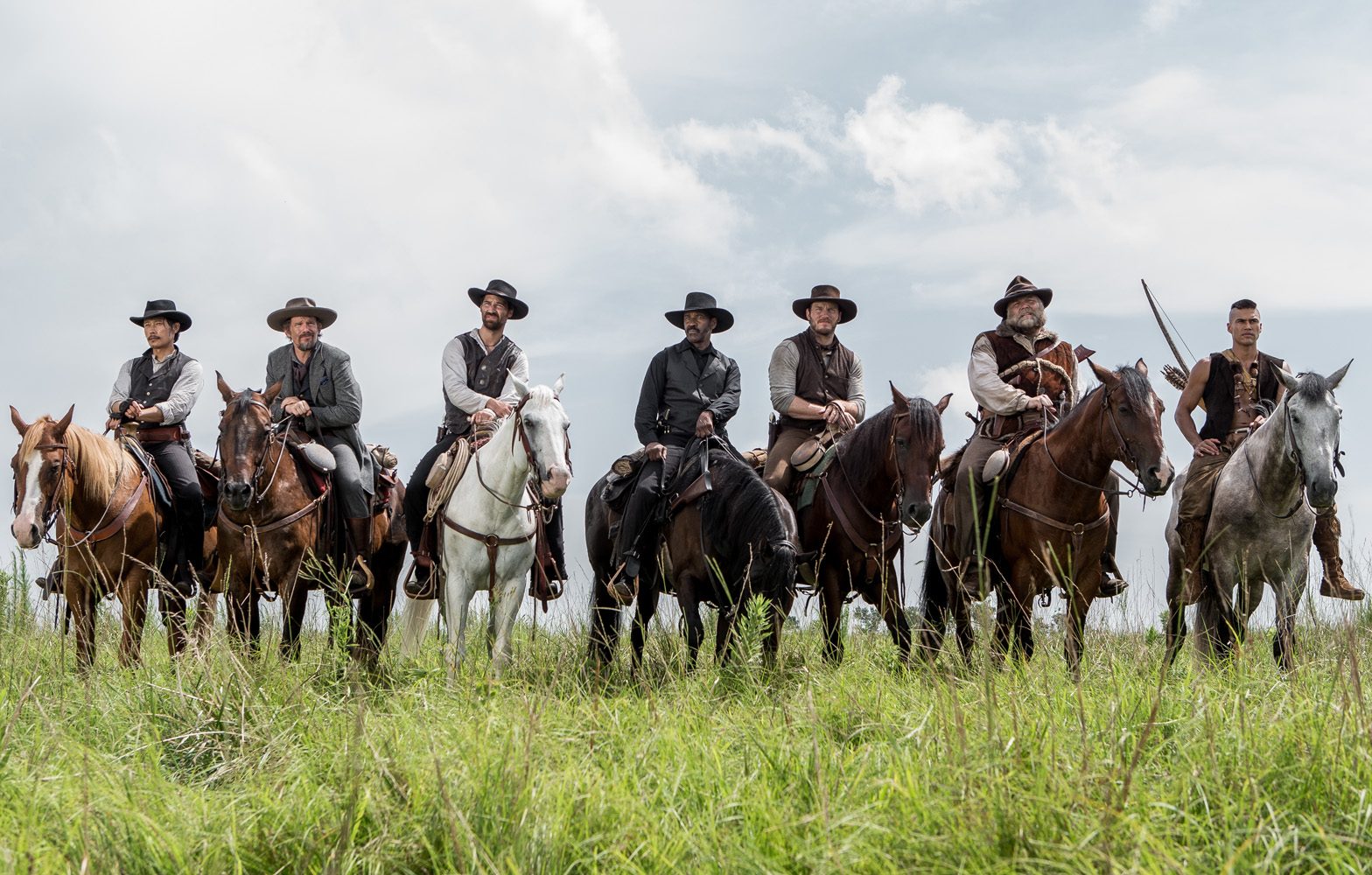
Unfortunately, a lot of the characters are glossed over, turning them into mere curiosities instead of worthy additions to the Western lore. In fact, the biggest weakness of Fuqua’s The Magnificent Seven is the lack of characterization. The interactions between the characters are mostly just opportunities for them to exchange witticisms, which does very little to build some sort of real relationship to make the teamwork they showcase during the final showdown more affecting.
Decent fun
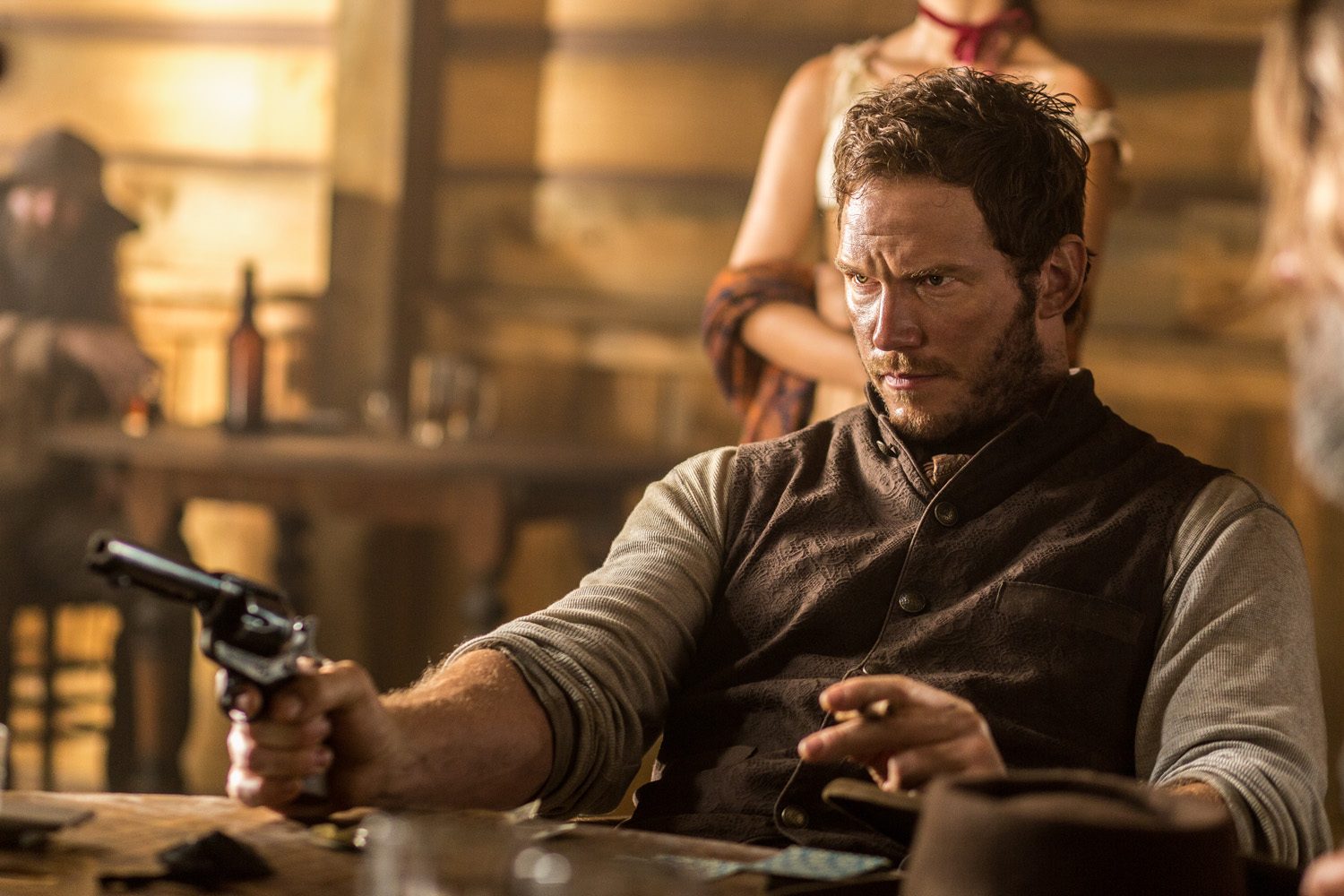
Despite all its problems, The Magnificent Seven offers decent fun. It probably won’t be as remembered as Kurosawa and Sturges’ works, but it is good enough if there isn’t anything else showing in the cinemas. – Rappler.com
 Francis Joseph Cruz litigates for a living and writes about cinema for fun. The first Filipino movie he saw in the theaters was Carlo J. Caparas’ ‘Tirad Pass.’ Since then, he’s been on a mission to find better memories with Philippine cinema.
Francis Joseph Cruz litigates for a living and writes about cinema for fun. The first Filipino movie he saw in the theaters was Carlo J. Caparas’ ‘Tirad Pass.’ Since then, he’s been on a mission to find better memories with Philippine cinema.
Add a comment
How does this make you feel?
There are no comments yet. Add your comment to start the conversation.